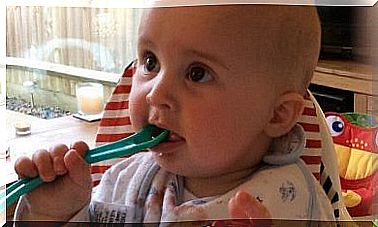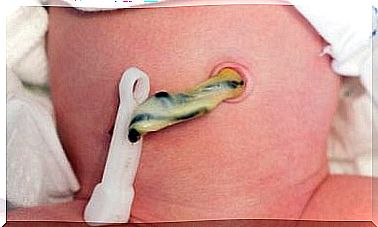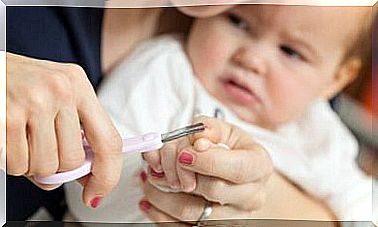Child Growth Hormone Deficiency: Symptoms, Diagnosis And Treatment
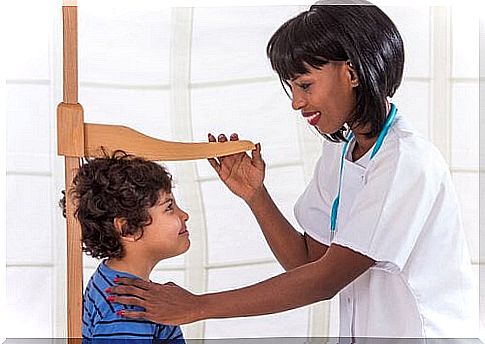
A child’s growth hormone deficiency is a moderately rare condition in which the pituitary gland does not produce enough growth hormone, which slows growth. It is estimated that about one in four thousand school-age children suffers from growth hormone deficiency. The condition is slightly more common in girls than boys.
Child growth hormone deficiency
Growth hormone deficiency can be a congenital problem or can occur at any stage of childhood. The deficiency may be due to a congenital malformation of the brain or pituitary gland, exposure to radiation, or a subsequent disease such as a brain tumor or inflammation. It is not a hereditary disease.
Some cases are relatively easy to diagnose, but in some cases, it may take time to identify growth-related changes. Some of the symptoms associated with growth hormone deficiency may also indicate other diseases. In some cases, growth hormone deficiency is also associated with other congenital malformations, such as cleft lip or palate.
Growth hormone deficiency has in some cases been associated with endocrine disorders such as gonadotropin, thyrotropin or vasopressin deficiency. These hormones regulate other important biological processes.
The best way to detect a child’s growth hormone deficiency is through regular medical or counseling checkups. It is important for parents to monitor the child for any symptoms. If symptoms occur, contact a physician who will direct the child for further examination if necessary. Early diagnosis is important to ensure proper treatment.
Signs of growth hormone deficiency in a child
The most typical sign of growth hormone deficiency is a child’s slow growth and steady decrease in relative height. A child with growth hormone deficiency is usually shorter than his peers. Although the child is relatively short, the proportions of his body are normal. Growth hormone regulates the amount of adipose tissue, which in some cases leads to the stability of the body structure.
Growth hormone deficiency may manifest as poor muscle tone, and low circulating glucose levels may delay the onset of puberty. Growth hormone deficiency does not affect a child’s intellectual development.
It is good for parents to remember that growth retardation due to growth hormone deficiency can also affect a child’s self-esteem. Physically deviating from peers can make a child feel very vulnerable.
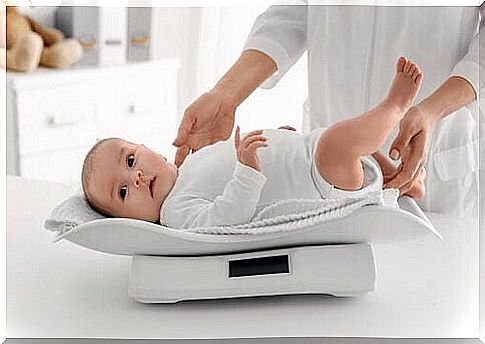
Diagnosis of growth hormone deficiency
The possibility of growth hormone deficiency is usually examined at a time when measurements taken at a clinic or school show that the child’s growth has slowed. Growth retardation is usually determined from growth curves.
Diagnosing a child’s growth hormone deficiency is a multi-step process that may involve a variety of studies. Growth retardation alone is not enough to make a diagnosis, as most short-lived children do not have a growth disorder despite abnormal growth.
Your doctor will rule out any other illness or disorder for diagnosis. The test methods used may include an X-ray to determine the growth rate of the child’s bones and a blood test to measure the level of IGP-1 in the blood.
The final diagnosis is always made by an endocrinologist, a specialist in the treatment of growth and hormone disorders in children.
Treatment of growth hormone deficiency
When the growth disorder is caused by a hormone deficiency, it can be treated with medication. For children, hormone therapy is always appropriate to ensure height growth. A child with growth hormone deficiency usually grows less than 5 cm per year. With proper care, a child can grow up to 25 cm in the same amount of time.
The endocrinologist will determine the required dose of the drug. Generally, the hormone is injected under the skin once a day. In some cases, hormone therapy continues into adulthood.
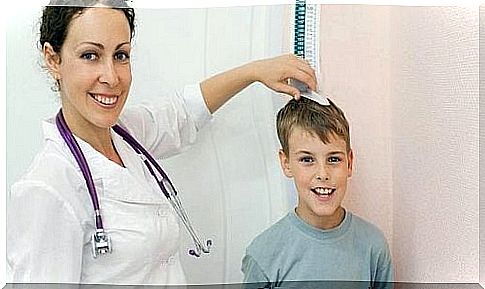
Hormone therapy can cause side effects, but they are usually mild or moderate, while the effect of the treatment on the body is huge. The most common side effects are:
- Breast tissue growth in men
- Scoliosis
- Muscle and joint pain
- Inflammation of the limbs
- Headache
- Mild hypothyroidism
More serious side effects are rare. These include aura headaches, pancreatitis and hip problems.
The best way to guarantee good results from hormone therapy is early diagnosis. When the problem is detected and treatment is started in time, the patient often grows to a normal height by adulthood.
